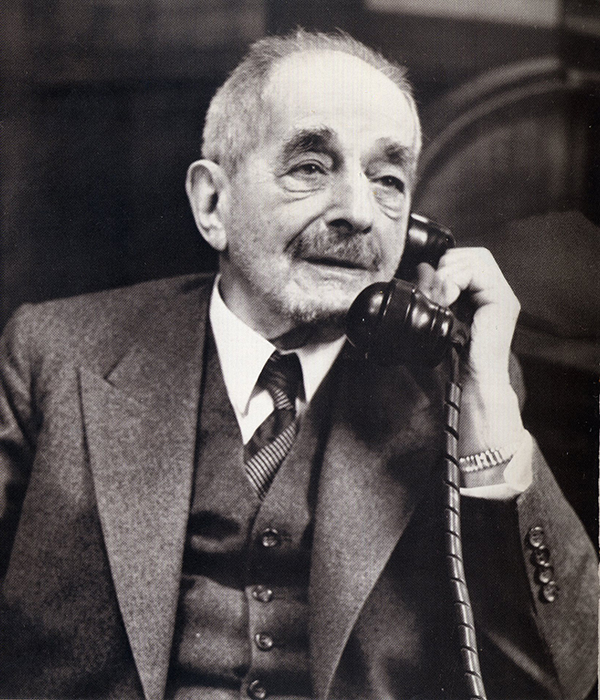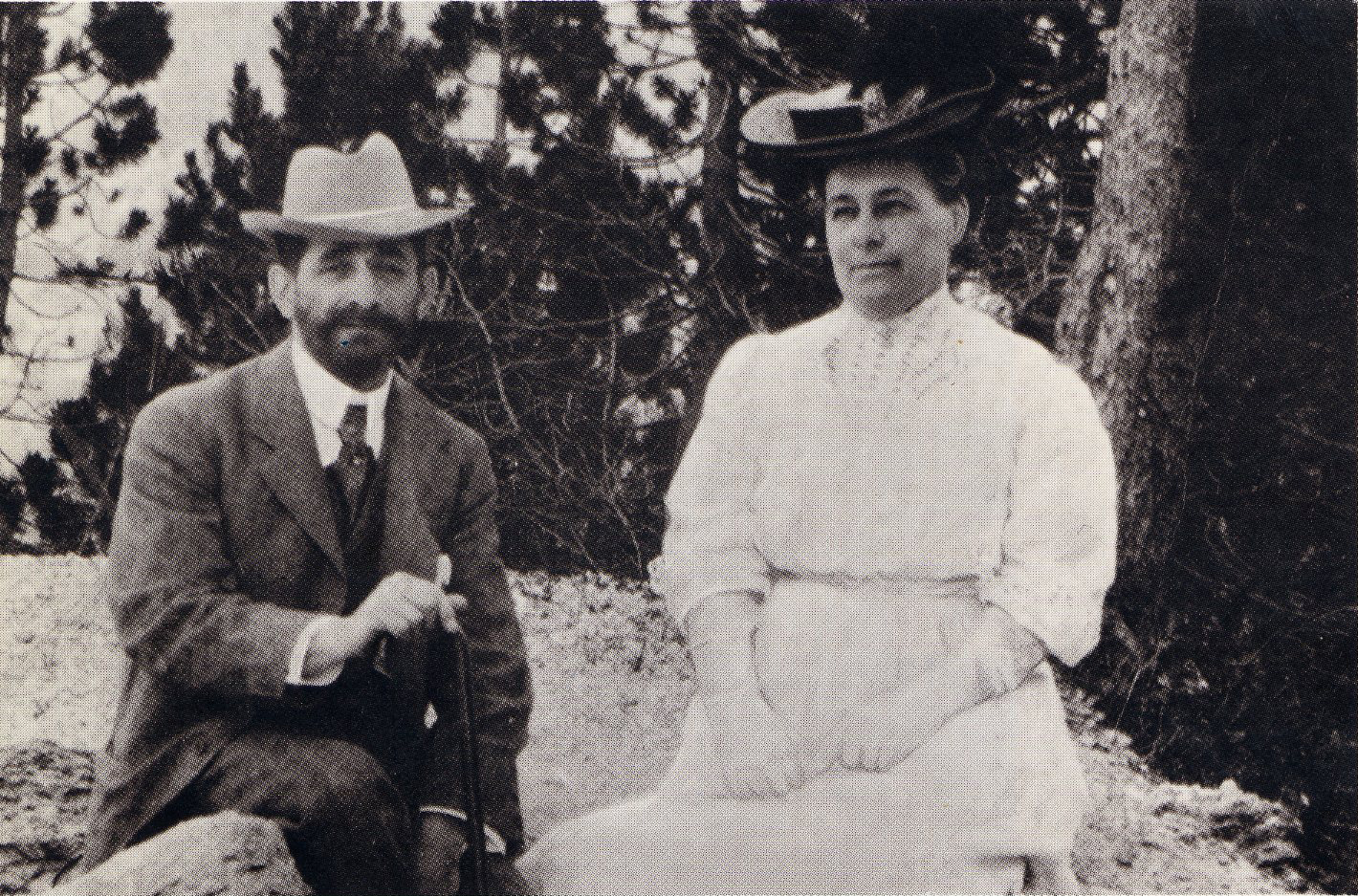Samuel S. Fels
Samuel Simeon Fels was a philanthropist, civic leader and president of Fels & Company, the manufacturer of Fels Naptha, a popular household soap. In 1935, he founded the Samuel S. Fels Fund, a private independent foundation supporting scientific, educational and/or charitable purposes. Over the years, the Fels Fund’s mission evolved to improve conditions and opportunities for communities that are marginalized and/or historically excluded within the City of Philadelphia.

Who was Samuel Fels?
Samuel Simeon Fels was the son of Jewish refugees who fled Bavaria, Germany in 1848 to escape the Revolutionary uprisings. His parents arrived in the U.S. with three young children (Samuel not yet born), and their first stop was in Philadelphia where they stayed with refugee friends before heading south. Samuel was born on February 16, 1860 in Yanceyville, North Carolina, where he was the youngest of seven children. Five years later, the Thirteenth Amendment ending slavery was ratified.
At age 13, Samuel Fels moved with his family to Philadelphia following a stint in Baltimore. He attended Wyoming Middle School (7th and Fairmount) and then Central H.S. for two years before earning a “partial certificate” and reluctantly leaving his formal education to join his oldest brother Joseph and father Lazarus full time at the Fels & Company, making soap. By age 21, Joseph made Samuel a junior partner in the business. Eventually, they moved from the highly competitive line of toilet soaps to one laundry detergent soap: Fels Naptha. They rode this product through the Great Depression to amass a fortune.
Samuel’s interests throughout his life were shaped by his upbringing and the inequitable world around him. He was a staunch supporter of the rights of African Americans, women, children and workers. In contrast to many of his fellow industrial titans, he advocated for fair wages, eliminating the six-day work week, initiating pension plans and unemployment insurance, abolishing child labor and enacting better working conditions for women. He helped found the Hebrew Immigrant Aid Society (HIAS-PA) in 1884 when Philadelphia was a major port of entry for Eastern European Jews fleeing persecution. Though a major funder and founder of Jewish organizations, Samuel believed in serving all, regardless of race or religion, wanting to build community and shared prosperity. In 1912, he began contributing to NAACP and in 1916, sent them funds to support their campaign opposing “Birth of a Nation.”
Samuel believed in the importance of good government. He supported government ethics and helped to found what later became Committee of Seventy and the Bureau of Municipal Research (which later merged with the Pennsylvania Economy League). Samuel could hold court with top scientists and researchers and believed in “reaching for the other end of a question.” He purchased the equipment for the Fels Planetarium at the Franklin Institute, hoping that young people in Philadelphia would become “as familiar with the stars as with traffic lights.”
Samuel’s Board memberships are too numerous to mention but in general, he leaned toward supporting organizations devoted to youth, human welfare, good government, scientific research and cultural activities. Samuel was a devoted music lover and his wife, Jennie May, helped to establish Settlement Music School and served as its first President. She also helped to found Curtis School of Music, Consumers’ League of Eastern PA, and Society for Ethical Culture. A conservative estimate of how much Samuel Fels gave in his lifetime is $40M – today’s equivalent of more than half a billion dollars.
Samuel and Jennie May had no children of their own but they welcomed and supported a Russian violin prodigy and virtuoso, Iso Briselli, from age 11. Iso later served as President of the Samuel S. Fels Fund.
Samuel Fels died in Philadelphia on June 23, 1950, seven years following the death of Jennie May. Their home was gifted to the University of Pennsylvania to house the Fels School of Government and their remaining fortune was left to the Samuel S. Fels Fund. Their legacy and values continue through the grants and investments of the Fels Fund.

Samuel and Jennie May Fels, 1914.
